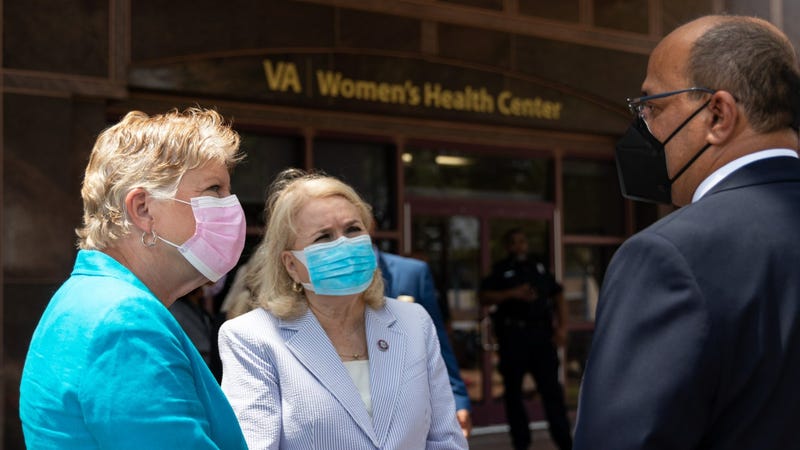
Democrats on the House Veterans Affairs Committee have unveiled a survey that seeks comments from veterans about reproductive healthcare provided by the Department of Veterans Affairs.
The Veterans Reproductive Healthcare Survey will gather feedback about how veterans have used reproductive care at VA in the past and the improvements they want to see implemented.

“As the committee continues its work on improving veterans’ access to reproductive healthcare at VA, this survey gives veterans nationwide a chance to share their story,” said HVAC Chairman Mark Takano (D-Calif.). “These topics are deeply personal and may be difficult to share outside of veterans’ conversations with their medical providers. I encourage all veterans who have sought reproductive care at VA to share their experiences.”
The effort follows the Supreme Court’s decision in June in Dobbs v. Jackson Health Organization which overturned abortion rights nationwide and placed the issue back in the hands of the individual states. VA currently does not provide abortion counseling or abortion service
The effort kicked off with multiple oversight visits and listening sessions in Oklahoma and Texas, where committee members and staff heard directly from veterans and their VA healthcare providers.
“Without clear, state-specific guidance from VA, providers at VA medical facilities are confronted with tremendous uncertainty, and they are frustrated by restricted authority and constraints that limit their ability to provide the best care for veterans,” said HVAC Subcommittee on Health Chairwoman Julia Brownley (D-Calif) in a statement. “As the assault on reproductive rights escalates and the right to bodily autonomy continues to be threatened, veterans are rightfully anxious and emotionally distressed about the future of their reproductive care.”
While it remains unclear what exactly the committee will do with the information it gathers, HVAC spokesperson Miguel Salazar said the effort will continue into the fall.
“We won’t be sharing the numbers publicly at this stage, but the responses will be useful in helping extend our reach beyond those cities and states we were able to visit,” he said. “We’re asking for very personal, sensitive, and emotional responses and we want to ensure we capture the sentiments from as many veterans as possible.”
Survey responses can remain anonymous and will help the committee as it develops equitable healthcare policies for all who served, said Takano.
Reach Julia LeDoux at Julia@connectingvets.com.


